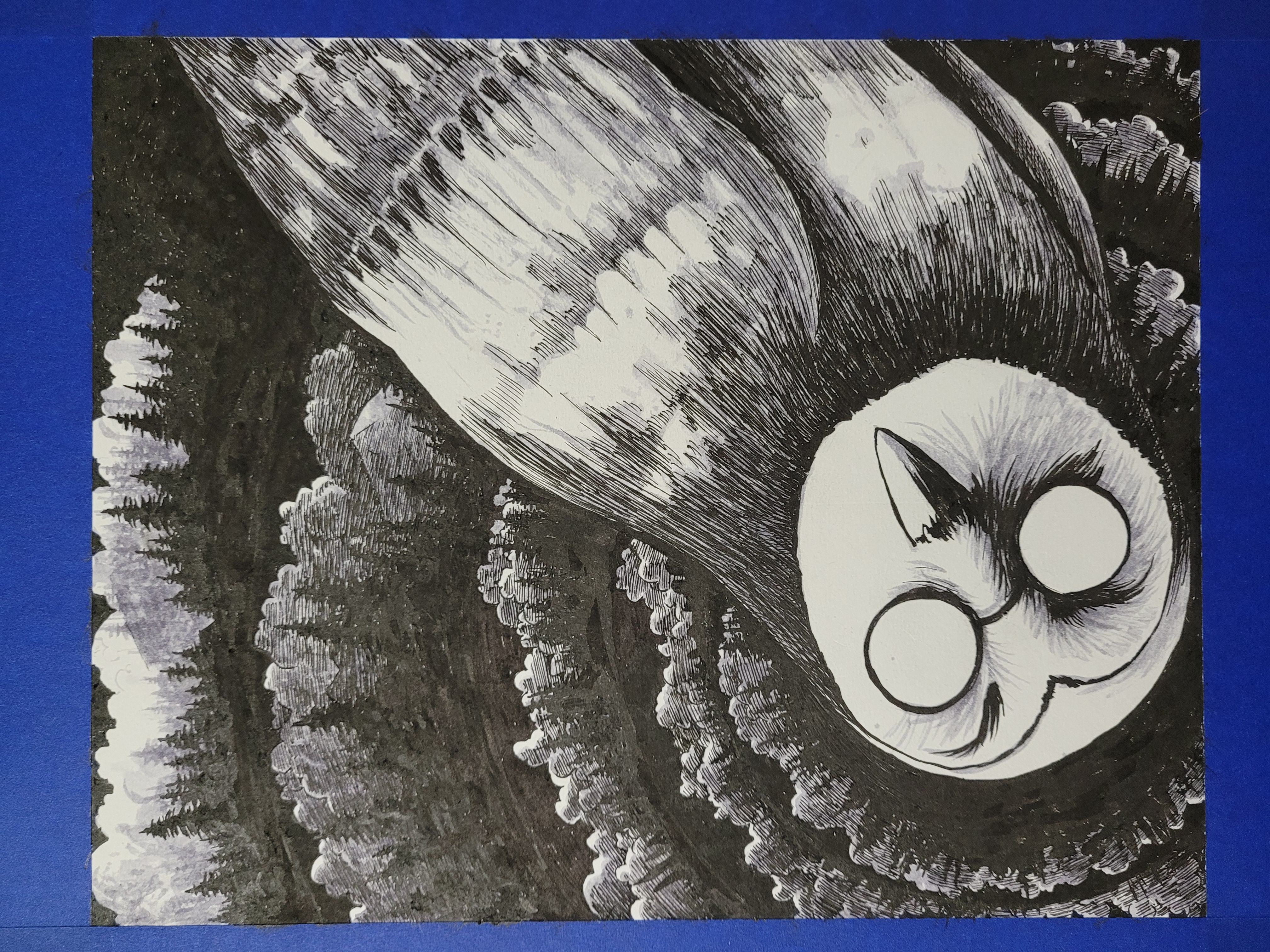McKenna was a super interesting guy and his Wikipedia is worth a rabbit hole. In my teenage years I read all about his stoned ape theory which postulates that the consumption of psychoactive substances by our early human ancestors caused the development of the capacity for complex language systems, essentially causing our separation from the rest of the animal world on a sophistication level. I don’t remember if he came up with it or just popularized it, and I may be misstating it, it’s been a while.
He has tons of material on the subject and it is quite convincing, however I realized much too late that it’s been more or less debunked and is not accepted in the scientific academic world.
Like I said, worth a deep dive for sure but he does wander onto the path of pseudoscience, particularly with regards to the DMT stuff. He has the intelligence of Sam Harris mixed with the woo of Carlos Castaneda, and listening to him speak just might put you into a trance-like state of mesmerization.
i read the original book where i think he came up with the theory (food of the gods) and while there were some interesting questions and thoughts, it was overall a pretty laughable and stupid book. zero evidence, just hypotheticals stated as factual reality. and i say this being extremely pro-psychedelic. we can have discussions about the benefit and importance about them without including weird pseudoscience. the book was also poorly written, mckenna frequently goes on tangents mid-chapter. he’s got cool quotes i guess, but he’s hard to take seriously for me.
Which he solves by consuming magic mushrooms. I’ve got no problem with that per se, but not everything the mushrooms tell you is true. It’s also a bit hypocritical.
The message, here, is sound. Regardless of what you think of the source, it’s pretty clear that the economic demand (more an economic hostage situation than anything else) for 8 billion humans to consume is as follows:
-
accept money as your Lord, God, and personal saviour
-
disregard the rest of Creation as anything other than a series of resources and means to your own individual ends; Creation is never an end itself.
-
exchange your time for an agreed upon sum
-
disregard all those who can’t work (disability), don’t work (on both ends of the economic spectrum), or won’t work (thelazy, underemployed, and children) as leeches on the economy
-
claim resources from Creation using money
-
disregard that the total resources exchanged for money exceed global sustainability by a whole planet per year
-
repeat
-
disregard every other feasible, practicable, or available competitive method of economic organisation as heresy — no matter where or when they are offered.
In the end, those mushrooms consumed him right back to his constituent elements. All’s fair in the the carbon cycle — except digging up 400My old fossil fuels and dumping ancient CO2 back into the atmosphere. That’s off-side. Which, I might add, is what he’s talking about.
To say that McKenna’s criticism of consumption means that his consumption — in all its forms — is hypocritical is idiotic to the point of being asinine. Hopefully, that’s not what you meant. At the same time, in this discursive age, it seems that’s exactly what is meant when criticising capitalism, consumption, or modern economies. They are inescapably pervasive, insidiously seductive, and self-reinforcing.
-




